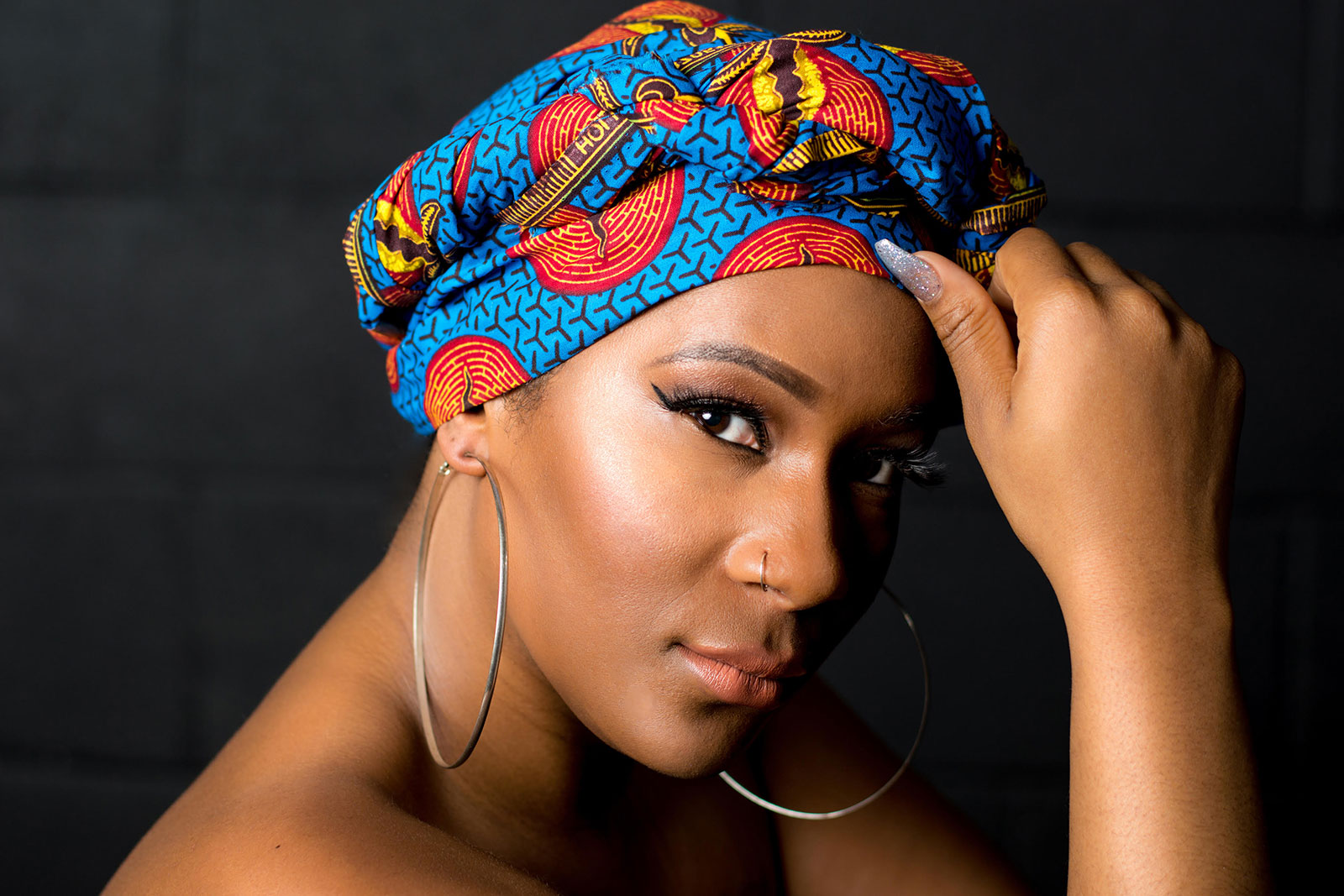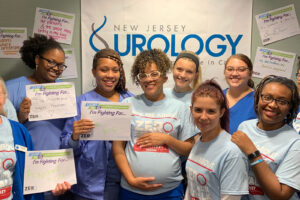When Leanne Pero was diagnosed with breast cancer at age 30, she realized that there was little representation of Black and other POC cancer warriors in U.K. media while searching for resources and aid. In 2017, she decided to start Black Women Rising to tackle these disparities.
After receiving her breast cancer diagnosis, Pero’s whole world changed. “At the time of my diagnosis, I was fit and healthy. I was a successful business owner and I had a dream job at the world-renowned Pineapple dance studios. I was also at university finally getting my business management degree. Due to the intense nature of my treatment and subsequent surgery I was not able to carry on working. I had a few days to hand over the business, defer university and cancel all commitments,” recalls Pero.
And on top of her life-changing diagnosis, Pero’s mother had been diagnosed with breast cancer for the second time just six months prior. While supporting her mother through her own journey, Pero underwent her own challenges—eight gruelling rounds of chemotherapy, a bilateral mastectomy and immediate reconstructive surgery.
“When you hear the words ‘You have cancer,’ everything changes. I definitely struggled with my mental health both during treatment and after it. Everything in your life changes in an instant. Your body changes. You lose so much both physically and mentally,” says Pero.

It was during this time that Pero began to see the disparities between Black and white cancer patients. “During my diagnosis and subsequent treatment, I began to see the gaps in support services for Black cancer patients. The lack of inclusivity meant that the majority of mainstream support could not offer me what I needed. There was no adequate advice for hair care during treatment, no wigs or prosthetics tailored for women of color and vitally the mental health support offered was tailored to middle-aged white women. I began blogging about my experiences and I discovered that I was not alone,” says Pero.
Through blogging and her goal to spread awareness in the Black communities about cancer, Pero met many people who were either misdiagnosed or not offered mental health support through their cancer journeys. This generally left them feeling excluded from communication with their health providers and widened the health inequalities felt by Black and other marginalized communities.
During my diagnosis and subsequent treatment, I began to see the gaps in support services for Black cancer patients.
Because of the lack of resources and the taboo regarding cancer surrounding these communities, many people stopped speaking out about their ordeals, leading to an absence of awareness and education around cancer, its signs and symptoms. Because of this, people within these communities may be given more late-stage diagnoses and experience higher mortality rates in some cancers than seen in white cancer cases.
“I could not sit back and watch,” says Pero. “I set up the Black Women Rising support groups to provide help to Black cancer patients, survivors and thrivers. From there I set up my own charity, The Leanne Pero Foundation.” Her main hope is that nobody goes through a cancer journey alone.
“A cancer diagnosis can be incredibly lonely,” she says. “Friends who you once knew would drop everything when you needed them [disappeared]. In our community, we don’t talk about having cancer for fear of judgement, so our circle of support becomes very small. And for many they have no support at all,” says Pero. “Being able to meet and talk to like-minded people and having those who know what you are going through is vital.”
The results of Pero’s Black Women Rising 100 Women Survey conducted in early 2021 reported that 81 percent of Black women struggled with their mental health after their treatment. “This just isn’t good enough. More needs to be done to support the mental health needs of cancer patients,” Pero says.
The heart of the project lies in its monthly peer-to-peer support groups. By giving Black women and men a platform to share their stories with others, the Black Women Rising project has reached more of the community. It is assuring people that speaking out is OK; cancer isn’t something shameful.
“During the pandemic, at a time when I didn’t know if the charity would survive, we launched our podcast series [“Black Women Rising: Untold Cancer Stories”] as well as published our inaugural edition of our biannual Black Women Rising magazine, the first of its kind. Both of these have helped us reach even more of our community—helping them feel supported, heard and, most importantly, seen,” says Pero.
Black Women Rising has also launched a weekly podcast that shares men’s stories, too. The “Black Men Rising: Untold Cancer Stories” podcast launched in October 2020 with a 12-part series.
Through these initiatives, Black Women Rising is giving a voice back to members of marginalized communities with the hope that through collective power and support, everyone is able to receive the resources they deserve in order to beat cancer.
To learn more about Black Women Rising, visit blackwomenrisinguk.org.






